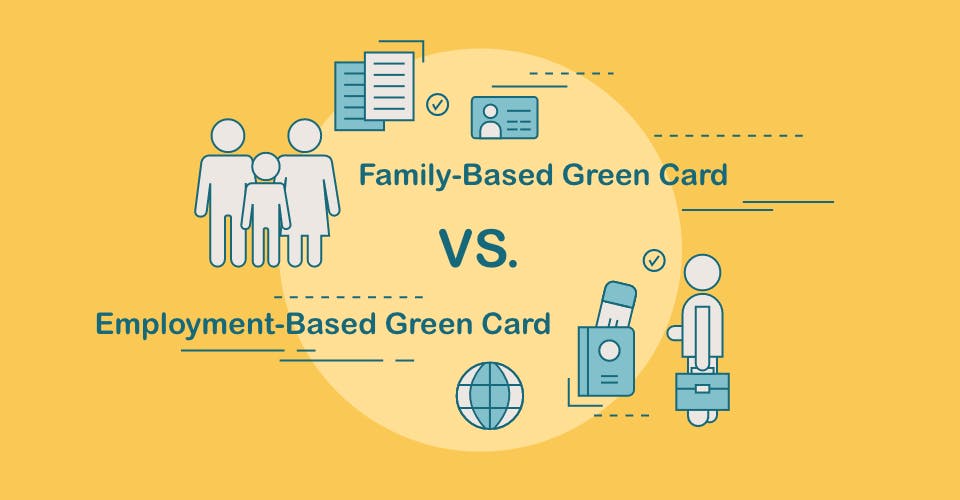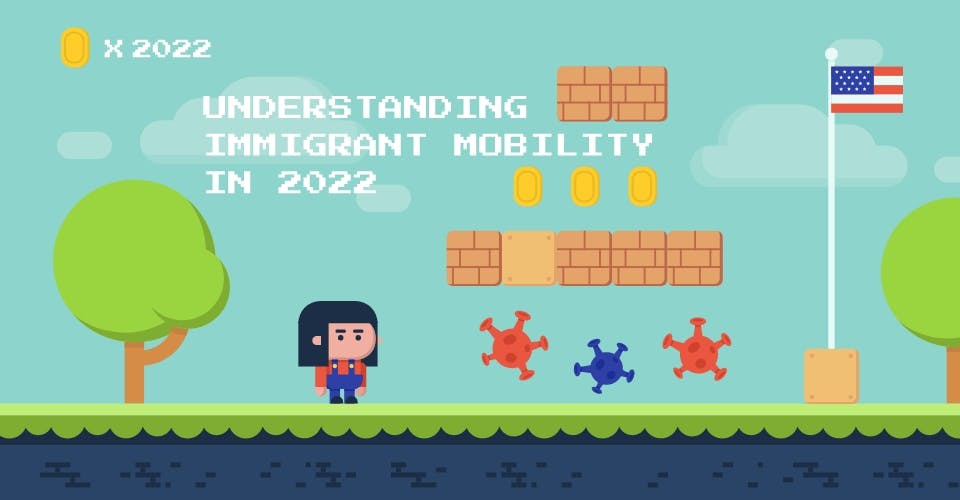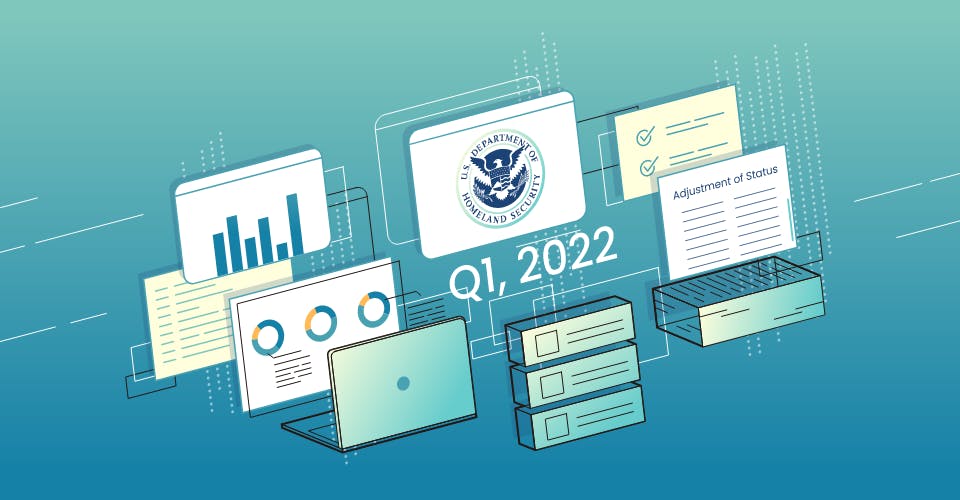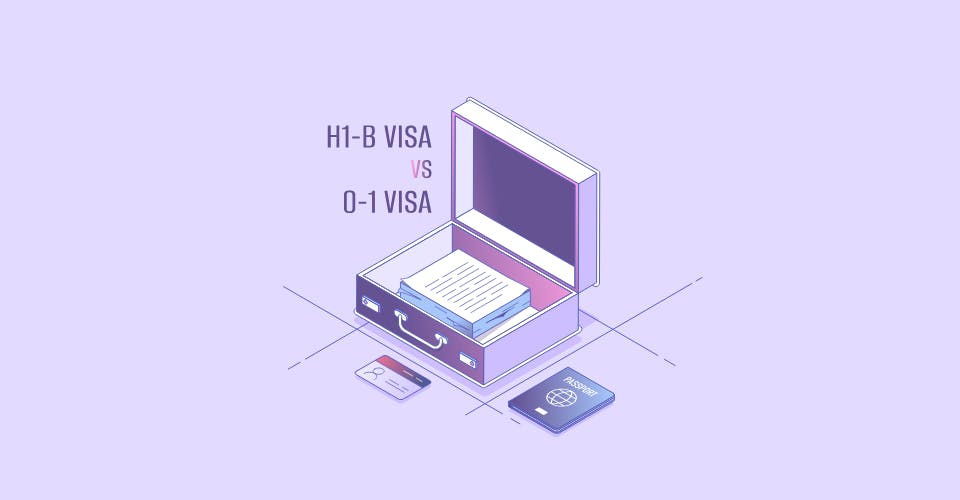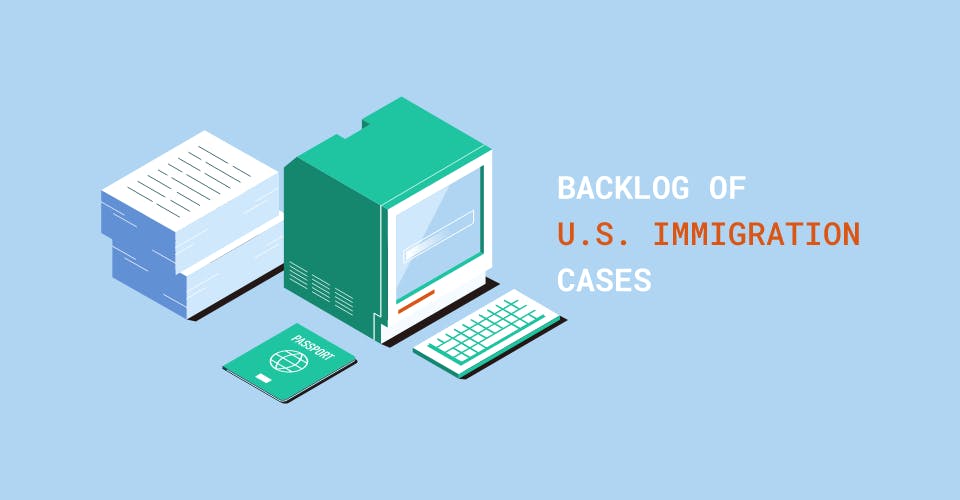The USCIS has released their quarterly report for Q1-Q3 of 2020 when it comes to family based immigration forms as well as employment based immigration. In both categories immigrants can apply to adjust their status via an I-485 application, however the rates of acceptance are different in each category. This briefing is meant to illuminate whether employment based immigration (in the form of applying for a green card), or family based immigration (in the examples of relatives being petitioned on behalf of and applying for a green card) has a higher acceptance rate.
The first thing that should be noted about FY 2020 is that the number of family based I-485 applications in each quarter is much higher than the amount of I-485 applications in the employment category. This is not surprising. A common theme in American immigration is that the family based category in terms of applicants tends to be the largest annually. Competitive job offers that allow non-citizens to come to the United States tend to be more scarce and only in a handful of sectors.
The Numbers
For the family based category, in total the USCIS received close to 228,000 I-485 applications in Q1-Q3 (not including forms pending).
By comparison, the USCIS received close to 79,000 I-485 applications in the employment based category for Q1-Q3 (not including forms pending).
Overall, the acceptance rate is much higher for employment based I-485 applications than they are for family based I-485 applications. For example, in Q1-Q3, the average rate of denial for employment based I-485 applications is 7.6 percent. For family based however, the average denial rate for Q1-Q3 is 20.3 percent.
Discussion and Analysis
Green cards via employment are generally applied for after the applicant has arrived in the United States and has started working at their U.S. based company. In this respect, some of the barriers that apply to family based applicants have already been overcome by employment based applicants, such as the following:
- Employment based visa holders (EB2, EB3) are already in good standing with the law or they would not have gotten hired in the first place
- Employment based visa holders (EB2, EB3) are not applicable for the public charge rule because they are making enough salary (in most cases) to not be inadmissible because of this reason
- Family based applicants in the case of spouses need to appear with their partner in the green card interview, inviting more scrutiny from both partners instead of one applicant
- More paperwork and filing errors with family based applicants
On this latter note, the immediate relative category for family based I-485 applicants includes the following:
- Spouses
- Unmarried children under 21 years old
- Orphan adopted abroad by a U.S. citizen
- Orphan to be adopted in the United States by a U.S. citizen
- Parent of a U.S. citizen (who is at least 21 years old)
Even though the USCIS does not further breakdown the quarterly numbers into which applicant may fit under an adjustment for a child, or for an adopted orphan, we can only say that the increase in documentation and paperwork needed could factor into the USCIS denying more family based applications that employment based.

